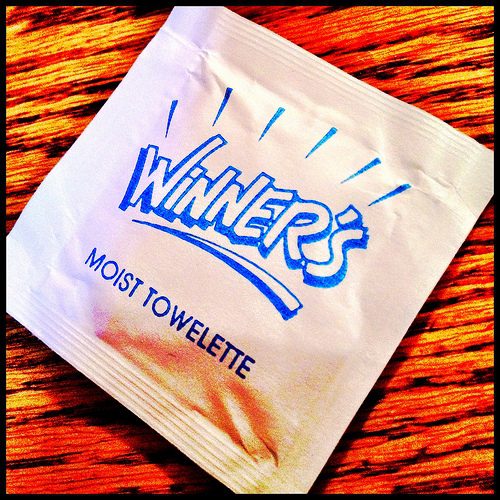How to Write a Winning Story

Everybody wants to write a winning story, but how do you do it? Some answers here, although not really from me. I have written stories–quite a few, in fact–and they won me some small money while I was in college. But I don’t know anything about writing stories as a grown-up because I got the hell out of story-land just as soon as I figured out I could write novels. (It takes me almost as much start-up energy to write a story as it does to write a novel; my ideas come slowly, only with much cooking and many false starts. Sure, the execution is *sometimes* less involved for a story than a novel, but I’d rather suffer for something that gets to have its own cover.)
But I know people whose backs are bowed with the weight of all their story ideas. In fact, apparently there is such a thing as TMIS or Too Many Ideas Syndrome (posts at Writer’s Digest, and Write World for those of you who, like me, wondered why many ideas would be a problem); sufferers report lack of focus and fear of attack from characters waiting to be brought onto the page.
Anyway, for you weirdos with so many ideas that writing stories is a must just to relieve some of the pressure, David Farland’s daily newsletter has a post on what he looks for when judging a story (in this case, for the Writers of the Future contest). In this particular post, he talks about originality, and the story he uses as an instance of originality is by Quarter 2 Writers of the Future winner Alisa Alering, a writer I know well and whose work I love. The post offers great insights that can help you see your story in the context of what everybody else is (or might be) doing. Here’s what Farland says about originality (and Alisa’s story):
…in that quarter of Writers of the Future where I got several good ghost stories, one of them stood out to me. Alisa Alering’s take, “Everything You Have Seen” is a ghost story in an unusual setting—Korea—during the Korean War. In it, a young girl meets a ghost, a young American boy who can communicate by holding his hands up and creating visions, windows into his own world, that the girl can peer into.
So we have a ghost story in a bit of an unusual setting. It features two interesting characters, one of whom has a unique power that I haven’t seen before. Beyond that, Alisa writes beautifully and evocatively, with subtle twists of phrases that “recreate” the language, heighten it. So she scored higher on the originality scale, than did some of the other authors who had written ghost stories that quarter. I sent hers on to the other judges, and she won first place for her quarter.
Check out the rest of the post for the various locations of originality in a story, and if you have ideas to spare, feel free to send them my way.




